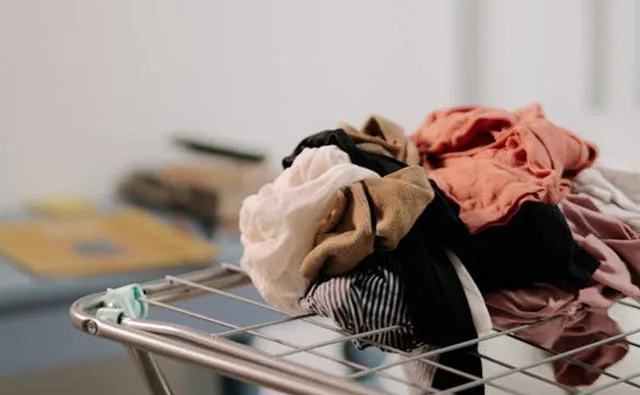Industry News, HI&I Cleaning Care, Legislation
A.I.S.E. welcomes European Parliament vote on Detergents Regulation

Industry News, HI&I Cleaning Care, Legislation

The European Association for the Detergents and Maintenance Products Industry (A.I.S.E.) has welcomed the European Parliament’s landmark plenary vote on the revision of the Detergents Regulation.
It says the vote is an essential milestone in the ongoing journey to update the Detergents Regulation. It aims not only to achieve its environmental objectives but also to ensure the Regulation is implementable in practice and fosters industry innovation.
“The European Parliament’s vote is a significant step in defining the revision of the Detergents Regulation and MEPs have recognised the potential that digital labelling has in promoting the safe and sustainable use of detergents and the additional administrative burden brought about by the introduction of CE marking,” said Alexis Van Maercke, director general of A.I.S.E.
“However, challenges remain, particularly around unrealistic phosphorus limits for industrial and professional uses, additional requirements that hamper innovative technology, and the need to develop suitable biodegradability testing methods. A.I.S.E. is committed to addressing these issues head-on, ensuring that our path forward is both innovative and sustainable.”